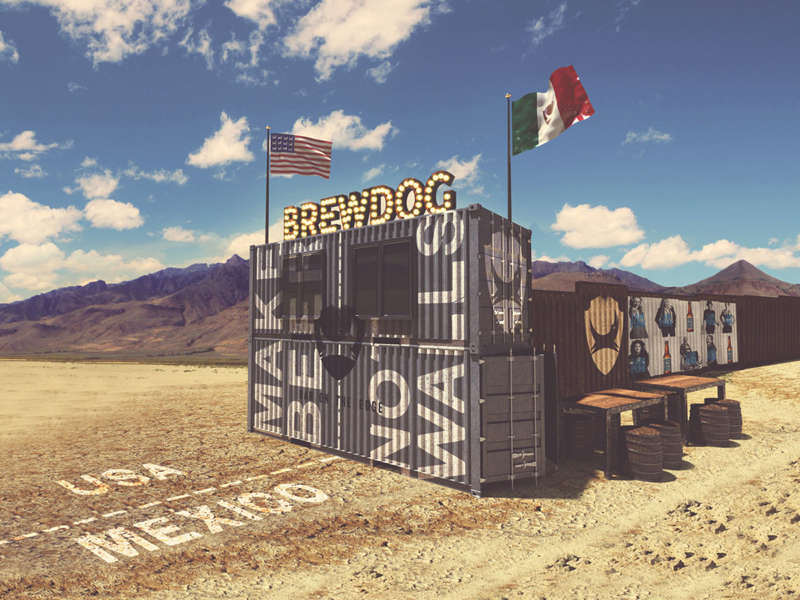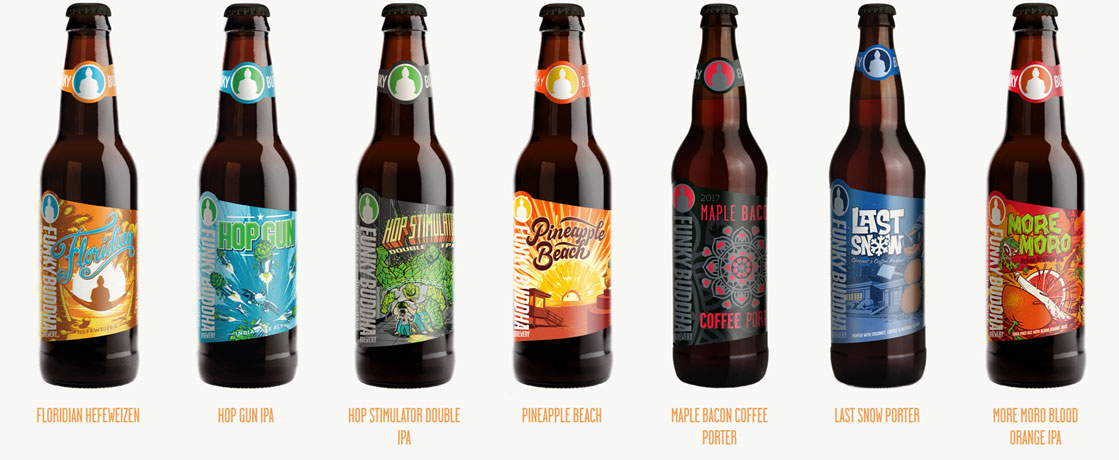It really is KISS. KISS is nothing untoward. It’s just one of those acronyms that keep changing their meanings. In this case it stands for Keep It Simple and Small.
You have to give it to Scottish punk brewer BrewDog: they don’t lack in imagination. Their latest whacky idea, revealed to the world in early August 2017, is to open a craft beer bar that straddles the US-Mexican border.
How do you measure success? In less than two months, the Brewers Association’s “independent craft brewer seal” has been embraced by over 1,700 breweries.
Tony Magee, the founder of Lagunitas Brewery, has made his enthusiasm for cannabis very well known. So it was only a matter of time before Lagunitas would launch a cannabis beer. Before you rush over to California to try it, be warned: the beer does not get you high. However, if you drink enough of it, the alcohol may.
This must be the Summer of Love for brewers. Or why are they snapping up San Francisco craft breweries? First Brooklyn Brewery bought into 21st Amendment brewery, then Sapporo took over Anchor and, on 10 August 2017, New Belgium agreed to purchase the assets of Magnolia out of bankruptcy for USD 2.7 million.
Given the agitation over Anchor’s sale to Japan’s Sapporo, which was announced on 3 August 2017, it makes you wonder if craft beer lovers are in denial over private equity’s game: buy a company, build it up and then sell it on.
Florida has a lot going for it. Sun, beaches, thirsty tourists and an as yet underdeveloped craft beer market. With only 195 craft breweries in 2016 it ranks near the bottom in the US in terms of breweries per capita (1.3 per 100,000 adults) according to the Brewers Association.
Is this the beginning of the end of gypsy brewing, now that its supremo, Denmark’s Mikkel Borg Bjergso, better known as Mikkeller, announced in July 2017 that he would open a brewery and restaurant in New York later this year?
Funny they should only think of it now: establishing a joint marketing platform.
It’s not just AB-InBev – Heineken is buying up craft brewers too, albeit indirectly through its subsidiary Lagunitas. In July 2017, Michigan’s Short’s Brewing Company sold a 20 percent stake to Lagunitas, which itself ranked sixth among US craft brewers in 2015 – the year it was part-sold to Heineken.



